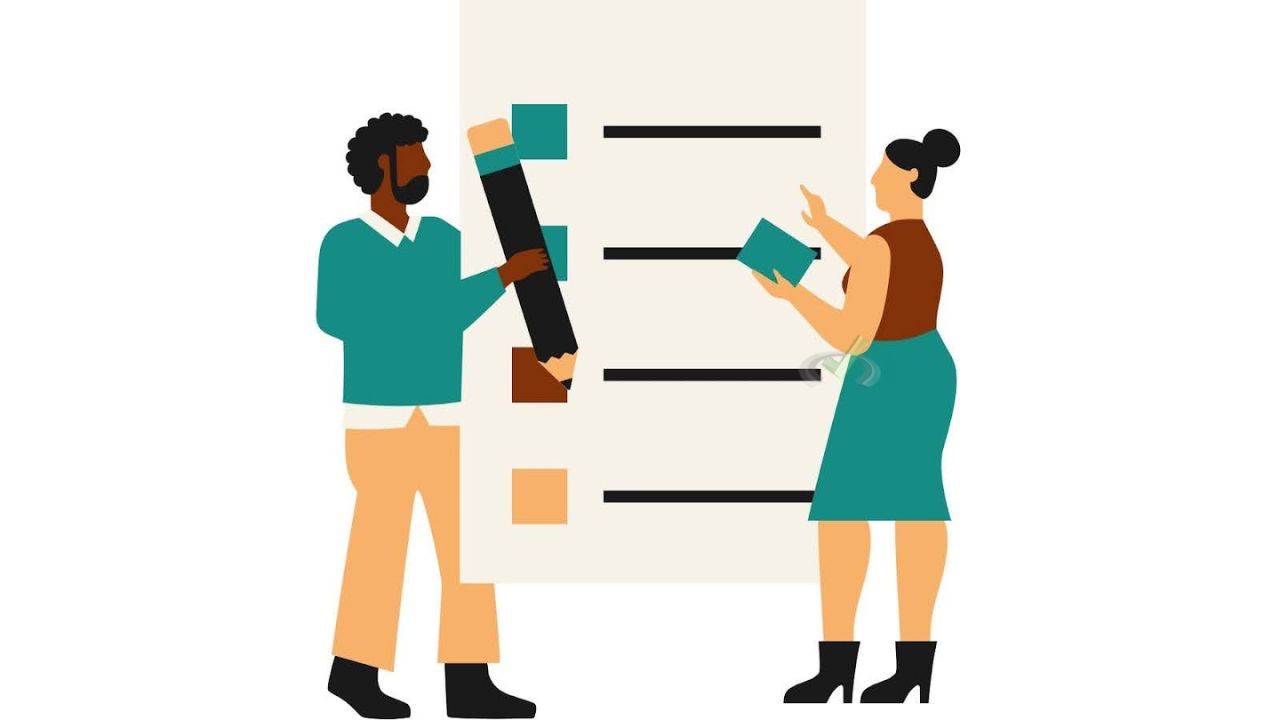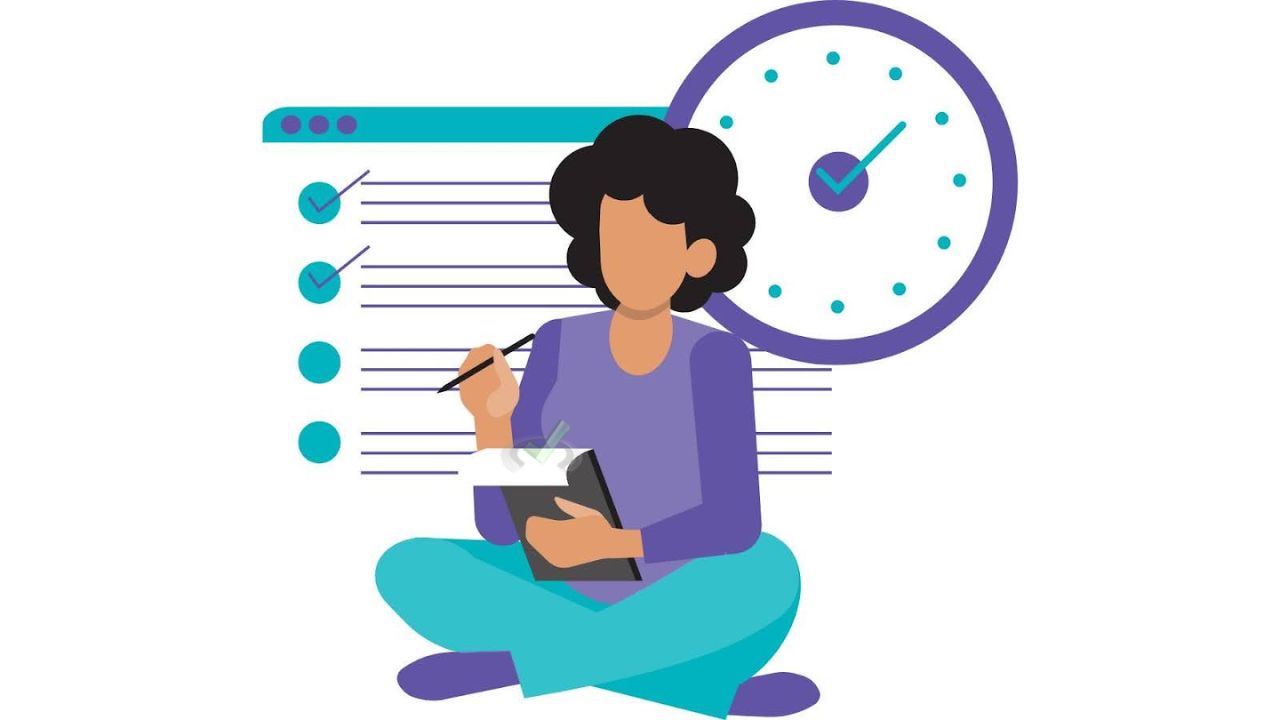
If you’re preparing for the NCLEX exam, one thing that’s probably keeping you up at night is the thought of how long the test will last. Most nursing students have heard about the NCLEX “shutting off” at a certain number of questions, particularly at 115, and many wonder if that’s a good or bad sign.
It’s natural to feel a little stressed about the unknowns of the exam, especially with so much riding on it.
Let’s start by addressing the elephant in the room: the NCLEX shutting off at 115 questions doesn’t necessarily indicate failure. It’s not a sign that you’ve flunked the exam, nor does it mean you’ve passed.
It’s simply a part of the exam’s adaptive testing design. This article will guide you through what it really means, how to interpret the results, and what the whole shut-off process looks like.NCLEX Shut Off at 115 Questions: Understanding the NCLEX Exam Format
To truly grasp what happens when your NCLEX shuts off at 115 questions, it’s important to first understand how the NCLEX exam itself works. The NCLEX uses a computer-adaptive testing (CAT) system, which means that as you answer questions, the system adapts the difficulty of the next question based on how you’re performing.
So, you might be presented with a relatively simple question at the start, and if you get it right, the next one gets more difficult. If you miss a question, the following one might be easier.
But why does this matter? Well, this adaptive approach is designed to assess your ability to perform in real-life nursing scenarios.
Rather than just testing whether you know a set of facts, it evaluates your critical thinking skills and how you apply that knowledge in different situations. The NCLEX isn’t about testing memorization—it’s about ensuring you can make sound decisions as a nurse.
This adaptive testing method leads to a more efficient exam that can end earlier if the system gathers enough information about your abilities. For some test-takers, that means the exam will stop at 75 questions.
For others, it could go all the way to the maximum number of 145 questions. And then there’s the 115-question mark—often the point where the NCLEX shuts off for many candidates. But what does it mean? Let’s find out.
NCLEX Shut Off at 115 Questions: Is That a Good Sign?
So, you’re sitting there, answering questions, and suddenly the exam stops at 115 questions. Should you feel relieved? Nervous?
Well, the first thing to remember is that the number of questions doesn’t determine your fate—it’s all about how well you did on those questions. But let’s break it down in more detail.What Happens at 75 Questions?
The NCLEX can stop as early as 75 questions. If that happens, it doesn’t mean you’ve failed or passed—it just means the system has enough data to make a decision. The test assesses whether you’re competent enough to perform as a nurse, and the 75-question mark is often enough for the system to make that call.
If you’re answering enough questions correctly, the system will stop the exam early, but again, that doesn’t necessarily mean you passed. It just means the system has determined you’ve answered enough correctly for it to be confident in your competency level.What Happens at 115 Questions?
So, let’s say your test stops at 115 questions—what does that tell you? It typically means the system has gathered enough information to make a decision.
But here’s the thing: the system isn’t looking at how many questions you answered. It’s looking at the pattern of your answers. Are you consistently answering questions correctly?
Or is the system seeing a mix of right and wrong answers? When your exam shuts off at 115, it often means the system has enough data to accurately assess your knowledge level, but it can’t quite draw a conclusion yet.
In other words, the NCLEX is still trying to make sure it has enough data to assess your competency accurately. It’s like the system is taking a few more minutes to be extra sure about your performance before it stops.
This doesn’t necessarily mean failure, though. In fact, many test-takers pass even after their exams shut off at 115 questions.What Happens at 145 Questions?
At the maximum number of 145 questions, the system is still gathering data to make a solid decision. This is when the system is unsure if you passed or failed and needs more time to get a clear picture of your knowledge.
However, this doesn’t necessarily mean you failed either. The NCLEX is designed to adapt, so if you’re answering some questions incorrectly, it may take more time to determine your true competency level.
What matters most is how well you answer the questions. If you get enough correct answers on harder questions, the test will stop early. But if you’re getting some wrong, the system might need more data and will keep asking questions.
NCLEX Shut Off at 115 Questions: Can You Still Pass?
One of the most stressful things about the NCLEX is the uncertainty of whether you’ve passed or failed. When the exam shuts off at 115 questions, you might start wondering if you’re on the verge of failure.
The truth is, there’s no way to tell for sure just by the number of questions the system asks. But don’t stress too much—if your test shuts off at 115 questions, it doesn’t automatically mean you failed.
Here’s why: The NCLEX doesn’t care about how many questions you answer. The system is designed to assess your competency based on the difficulty level of the questions and how you perform.
If you’re answering the harder questions correctly, it will be confident in your abilities sooner and will stop the exam earlier. But if you’re missing a few, the system may need more data and will keep asking questions.
The Key to the NCLEX: Answering Questions Correctly
If you get questions right, especially the more difficult ones, it increases your chances of the exam shutting off early. On the other hand, if you answer too many questions wrong, the exam might go longer.
The key to passing the NCLEX is not about the number of questions; it’s about your ability to answer questions correctly, particularly the harder ones.
If your exam shuts off at 115 questions, it usually means the system has gathered enough data to make an accurate decision. But whether you pass or fail depends on the quality of your answers, not the number of questions.Don’t Focus on the Shut-Off Number
When the NCLEX shuts off, it can be tempting to stress over how many questions you answered. But focusing too much on the number won’t help you. Instead, focus on the quality of your responses.
If you’ve been answering questions with confidence and accuracy, the shut-off point might not matter much. It’s all about how you perform during the exam.

NCLEX Shut Off at 115 Questions: What to Do After the Exam
Once the NCLEX shuts off, you might feel a mix of relief and anxiety. It’s normal to want to know whether you passed, but the truth is, the results won’t be available immediately. While you wait for your official results, here are a few tips for managing the post-exam stress:
Stay Calm
You’ve done the work, studied the material, and now it’s time to let go. Stressing out after the exam won’t change your results. Stay calm and give yourself credit for completing this challenging task.
Check Your Results
If you’re in a state that offers quick results, you may be able to check your scores within a few days. Some states allow you to check your unofficial results online through the Pearson VUE website. However, this is just a preliminary result and not your official score.
Learn from the Experience
Regardless of how the exam ends, take this opportunity to learn from your experience. Reflect on the questions that challenged you and think about how you can improve in future tests. Each exam you take is a step forward in your career as a nurse.
How to Prepare for the NCLEX
Preparing for the NCLEX can be overwhelming, but the more prepared you are, the more confident you will feel during the test. Below are some effective study tips to help you succeed:
1. Understand the NCLEX-RN or NCLEX-PN Content Outline
Familiarize yourself with the NCLEX-RN content outline (for registered nurses) or the NCLEX-PN content outline (for practical nurses). These outlines break down the areas the exam will cover, so you can focus your study efforts where they count most. Whether you’re preparing for the NCLEX-RN or NCLEX-PN, it’s essential to know what to expect.
2. Practice with Adaptive Tests
Since the NCLEX is computer-adaptive, practicing with adaptive tests can be invaluable. Many study programs offer mock NCLEX tests that adjust in difficulty based on your answers. This allows you to get used to how the exam functions and prepares you for the level of challenge you’ll face.
To keep your preparation going strong, download your NCLEX Cheatsheets today! These cheatsheets are packed with critical nursing knowledge and quick facts to help you pass the NCLEX with confidence.3. Build Your Test-Taking Strategy
Test-taking strategies can make a huge difference on exam day. Learn to pace yourself and manage your time wisely. Don’t get stuck on a question for too long—move on and come back if you have time.
4. Focus on Critical Thinking
The NCLEX is designed to assess your ability to think critically, not just recall facts. Practice answering questions that ask you to prioritize patient care, assess clinical situations, and apply nursing knowledge in real-world scenarios. The more you practice critical thinking, the better prepared you’ll be.
5. Don’t Panic About the Shut-Off Time
Regardless of whether the NCLEX shuts off at 75, 115, or 145 questions, don’t panic. If it stops early, it likely means the system has enough information to make an accurate decision. If it goes longer, the system may just need more data. Stay focused on your answers, and remember that you’re prepared for whatever comes your way.
If you're preparing for the NCLEX, whether it's your first time or you're retaking it, subscribe to our NCLEX daily dose emails. Get a fresh tip, a question of the day, and helpful strategies sent straight to your inbox every day. This can help you manage anxiety and stay on track with your studies.
Final Thoughts on NCLEX Shut Off at 115 Questions
In conclusion, if your NCLEX shuts off at 115 questions, it means the system has gathered enough data to make a decision about your competency. Whether the test stops at 75, 115, or 145 questions doesn’t dictate your success—what matters is how well you perform.
The NCLEX adapts to your answers to evaluate your competency, and the test will stop when the system has enough data to make an informed decision. If your exam shuts off at 115 questions, take a deep breath, stay calm, and trust that the system is doing what it was designed to do: assess your ability to provide safe, effective care.